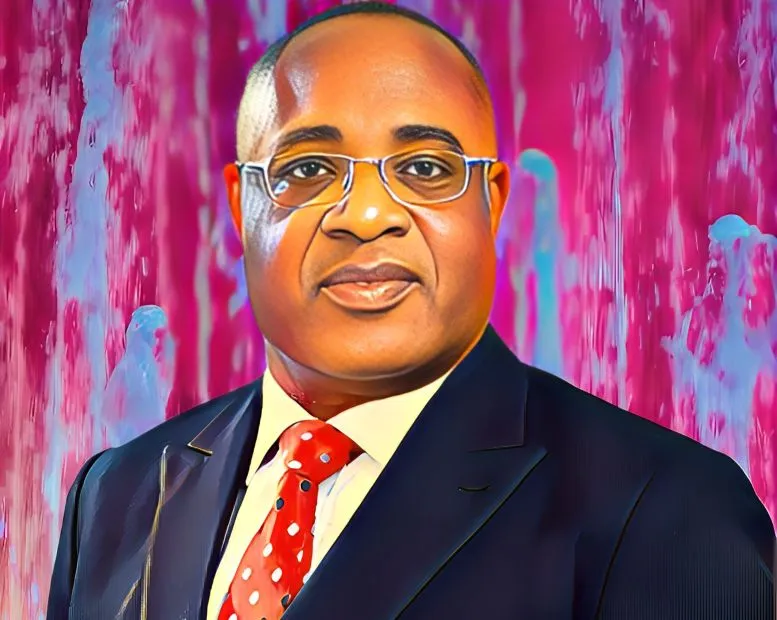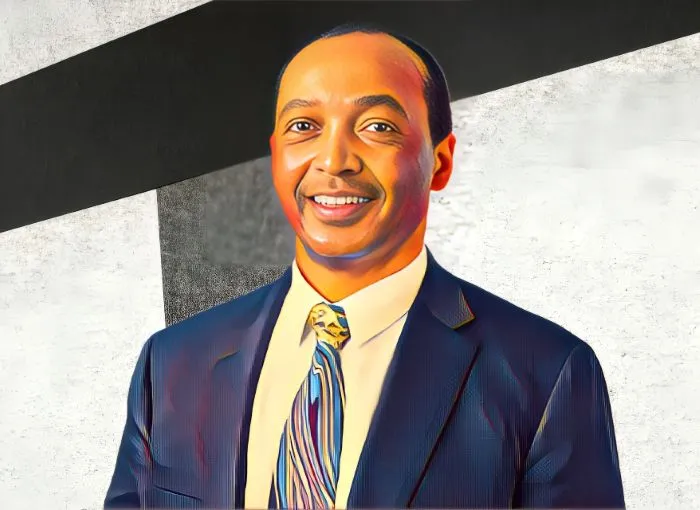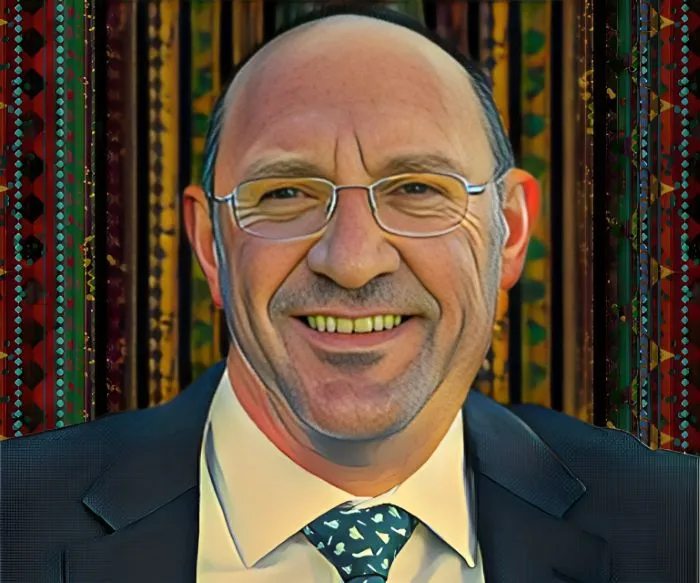Table of Contents
Key Points
- Samuel Dossou-Aworet, 79, strengthens his position as a leading African billionaire with major stakes in Tullow Oil and Seplat Energy.
- Dossou-Aworet’s 16.8% stake in Tullow Oil is valued at $86.2 million, complemented by a $190-million investment in Seplat Energy.
- Earlier this year Dossou-Aworet’s Petrolin Group, with partners, agreed to acquire Shell’s Nigerian onshore oil business in a $2.4-billion deal.
Gabonese oil magnate Samuel Dossou-Aworet is quietly cementing his position as one of Africa's most affluent business figures, with his strategic investments in key energy companies positioning him as an emerging billionaire on the continent.
The 79-year-old tycoon, who has long maintained a low profile despite his extensive business interests, holds a significant stake in Tullow Oil Plc, a London-headquartered multinational oil and gas exploration company. This stake adds to his portfolio, which includes shares in Seplat Energy.
$86.2-million Tullow stake, plus $20-million Seplat stake bump
Tullow Oil's 2023 annual report reveals that Dossou-Aworet holds a 16.8-percent stake, comprising 243,635,633 shares, valued at $86.2 million. This strategic investment complements his portfolio, which includes a 13.87-percent stake in Seplat Energy, Nigeria's largest listed energy company, totaling 81,015,319 ordinary shares.
Notably, despite the Nigerian naira's devaluation, Dossou-Aworet's Seplat Energy holdings have seen a significant increase in value over the past year. His stake has increased from $170 million on July 26, 2023, to $190 million, solidifying his position as a leading investor on the NGX and one of Western Africa's wealthiest individuals.
Dossou-Aworet's oil sector influence
Samuel Dossou-Aworet's influence in Africa's oil and gas sector extends beyond his investments. Since founding the Petrolin Group in 1992, he has played a pivotal role in numerous high-profile transactions across the continent. His commitment to a Pan-African vision of development, involving both indigenous and international players, has been evident in his strategic moves.
In 2012, Dossou-Aworet led a joint venture that acquired a 45-percent participating interest in Nigeria's Block OML 34 from Shell, Total, and Eni through an international invitation to tender. This move marked a significant step in his expansion strategy and underscored his long-term commitment to Nigeria’s energy sector.
$2.4-billion deal shakes Nigerian oil market
Earlier this year, Dossou-Aworet's Petrolin Group, in collaboration with Waltersmith Group, ND Western, First E&P, and Aradel Energy, formed the Renaissance consortium to acquire Shell Plc’s onshore oil business in Nigeria. The $2.4 billion deal marks a major shift in the Nigerian oil industry, as Shell retreats from the challenging operating environment in the Niger Delta.
Under the terms of the agreement, Shell will receive an initial payment of $1.3 billion, with potential additional payments of up to $1.1 billion contingent on future developments. The transaction, expected to be transformative for the Nigerian oil landscape, aligns with Shell’s long-term strategic objective to exit the onshore oil business in the region, signaling a new era for local and regional players like Samuel Dossou-Aworet.










